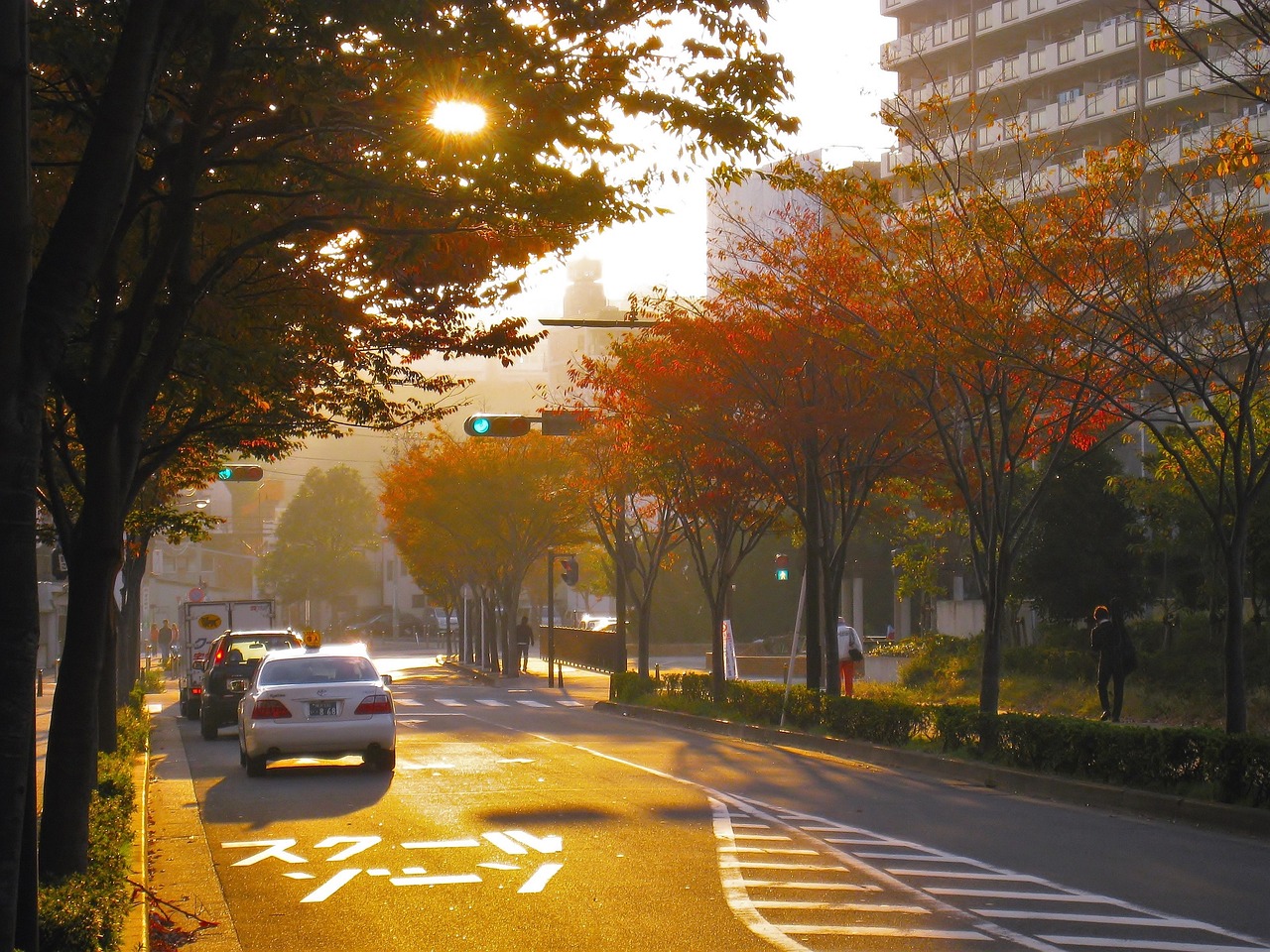はじめに
In English, both “アパート” (apaato) and “マンション” (manshon) can be translated as “apartment” or “flat,” but there are distinctions in their usage and connotations in Japanese.
What is “アパート”?
An “アパート” (apaato) refers to a smaller, often low-rise building with several units or flats. These units are typically more affordable and may not have many amenities compared to a “マンション.” They are commonly found in residential areas and might not have an elevator.
They are usually two to three stories tall, and the apartments within them are relatively basic in terms of facilities and amenities.
What is “マンション”?
A “マンション” (manshon) refers to a larger, more upscale apartment building or condominium. These are usually larger, higher-rise buildings and can offer a wider range of facilities and amenities like elevators, security, parking spaces, and communal areas like gyms or pools.
“マンション” tends to connote a higher standard of living and may be comparatively more expensive than an “アパート.”
まとめ
In summary, while both terms refer to residential units or apartments, “アパート” generally signifies smaller, more basic, and affordable accommodations, whereas “マンション” implies larger, more luxurious, and upscale apartment buildings.



Comment